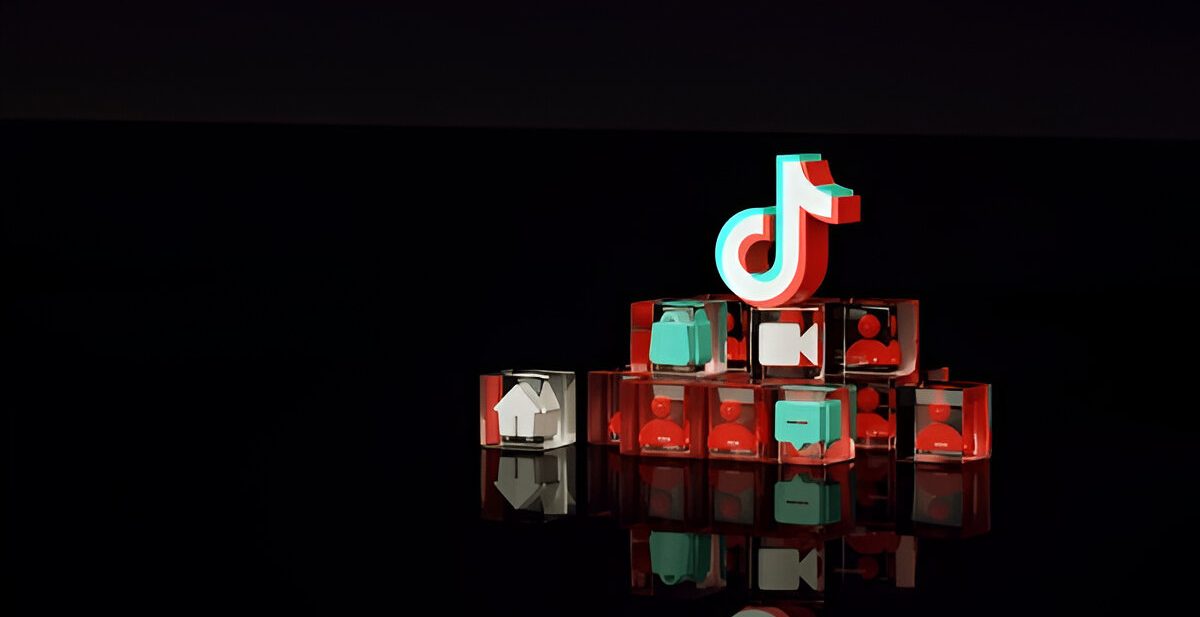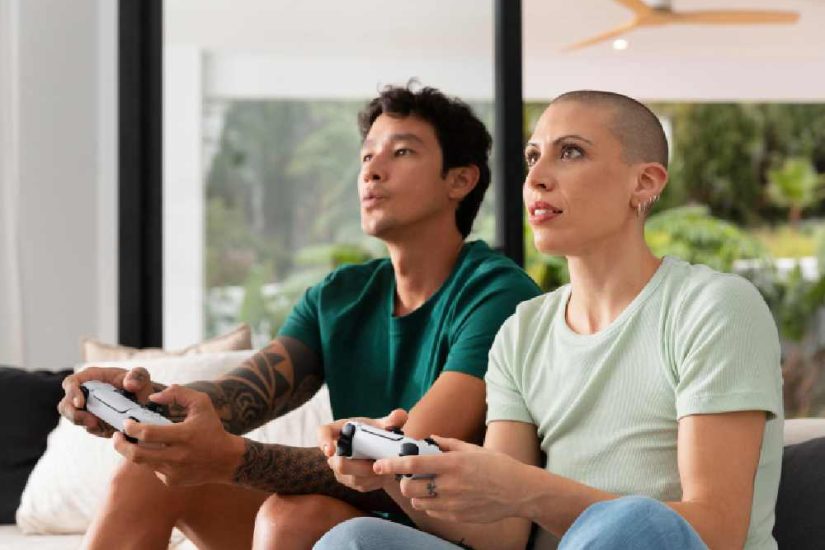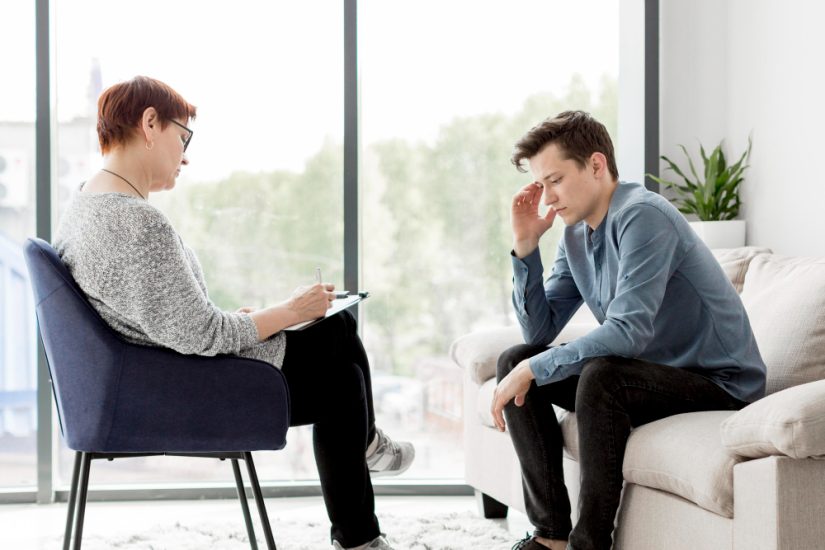- January 8, 2025
- by Harshita Bajaj
- Awareness, Mental Health, TikTok
The power of social media in today’s age is unmatched. TikTok is one such platform that gained heavy traction, initially known for short dance videos, from where the concept of reels and shorts evolved, but has now become a platform where users share their stories, raise awareness and even find support for mental health challenges. However, as we all know that “With great power comes great responsibility”, the influence carried by TikTok comes with a lot of opportunities but also risks.
TikTok and Mental Health
The relationship between TikTok and mental health is complex, particularly among teenagers. TikTok is especially popular among Gen Z, with 60% falling between the age range of 16–24. This age group is also the most vulnerable to mental health challenges. Further, it is found that the impact of TikTok on mental health can be both positive and negative, while it can help in increasing awareness and community building, it can also increase isolation, disconnect and lead to addiction.
TikTok Mental Health Impact
Positive Impact:
- Community and support building through realizing shared experiences and finding comfort in knowing you are not alone, and relatable content can further aid in self-discovery and increase insight.
- Increased awareness and advocacy through the platform for understanding mental health conditions as well as seeking help, appropriate care and support. Some trendingTikTok mental health hashtags including #MentalHealthAwareness and #EndTheStigma have received a lot of popularity helping improve awareness and mental health advocacy. A lot of mental health professionals and platforms have also used the platform to share valuable insights.
Negative Impact:
- Exposure to harmful content has also increased wherein users go down a rabbit hole of distressing, self-harm, depressive content which can worsen mental health conditions.
- Misinformation has inevitably increased where many users and influencers spread inaccurate or harmful advice.
- Addiction and Overuse is a huge risk factor when it comes to such platforms, users spending excessive time on TikTok can experience sleep deprivation and heightened anxiety.
The Role of TikTok Mental Health Influencers
TikTok mental health influencers fulfil an important role in reducing stigma, increasing awareness and insight by normalizing conversations about mental health. They also help in promoting mental health treatment, resources to seek help. A study conducted in British Columbia found that TikTok provided youth with easy access to mental health information and support, especially during the COVID-19 pandemic. Moreover, TikTok mental health influencers also increase engagement with mental health content on the platform. However, users should cross-check advice with a mental health professional.
Mental Health Awareness Through TikTok Hashtags
TikTok mental health hashtags such as #MentalHealthAwareness, #AnxietyTips, #DepressionHelp, #MentalHealthResources, are extremely vital as they amplify awareness and make resources accessible. Yet, some trending hashtags may promote unhealthy behaviors or glorify mental illness, requiring careful moderation.
TikTok and Mental Health Statistics
- TikTok has surpassed Instagram as the most popular social media app among teenagers aged 12 to 17, with 63% using it weekly.
- Users spend 1.5 hours per day on average on the app, which can also lead to increased feelings of anxiety and depression with excessive use.
- A study found that 83.7% of mental health advice on TikTok is misleading, with only 9% of content creators having relevant qualifications.
- Excessive use or addiction worsens mental health outcomes.
As per research, the relationship between TikTok usage and mental health comes with both risks and benefits, hence it is recommended that users critically evaluate the information they receive on TikTok and cross check with trusted sources.
TikTok Mental Health Trends
TikTok has gained a lot of influence in recent years, and some hashtags, campaigns and trends have helped in reducing stigma, increasing awareness and reshaping how mental health care is perceived.
- Psychology terms like “gaslighting”, “triggers”, “boundaries” have entered mainstream vocabulary but are used very generally.
- Open discussions about therapy journeys which normalize seeking psychological support.
- Some trends have popularized use of therapeutic techniques and self-care practices such as gratitude journaling, meditation, breathing exercises.
TikTok Mental Health Lawsuits
Recently TikTok faced lawsuits that alleged that its algorithms contribute to mental health issues in young users. This highlights the issues of inadequate moderation of harmful content, misinformation and triggering content which is widespread. When there is high exposure to such content, especially among vulnerable populations, it can cause a lot of distress, and worsen existing mental health conditions or symptoms. Hence, such legal actions beg the need for all social media platforms, including TikTok to prioritize well-being over engagement metrics.
TikTok has helped make mental health a trending conversation. It has reduced stigma, increased awareness and encouraged the masses to seek support and normalize mental health issues and treatment. While TikTok has these positive impacts, it also has challenges such as misinformation and addiction. Hence, it is important to educate users and also moderate the content to reduce exposure of much distressing content among vulnerable populations. TikTok can be a powerful platform for mental health advocacy and awareness, as it can help foster a generation that is more informed, empathetic, and open to seeking help.
















